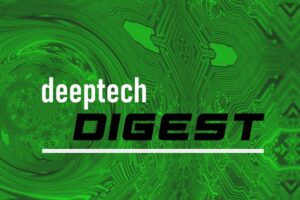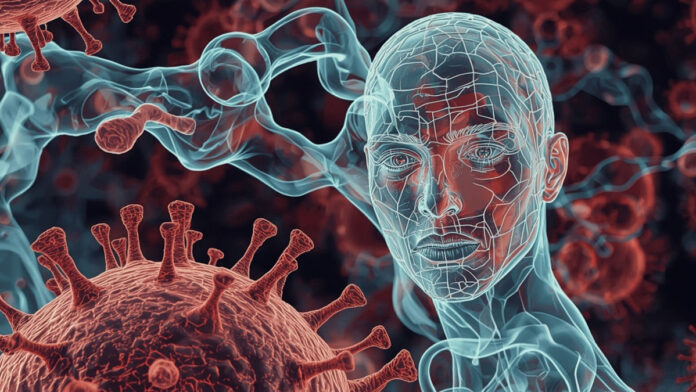Nanjing Leads Biolabs Co., Ltd. says the U.S. Food and Drug Administration (FDA) has approved its first-in-human Investigational New Drug (IND) application for LBL-047.
LBL-047 is a bispecific fusion protein composed of a humanised anti-blood dendritic cell antigen 2 (BDCA2) antibody and an engineered transmembrane activator and CAML interactor (TACI) ectodomain independently developed by Leads Biolabs.
There are currently no approved clinical trials of drugs targeting both BDCA2 and TACI worldwide. With this unique mechanism of action, LBL-047 holds strong first-in-class potential.
Charles Cai, chief medical officer of Leads Biolabs, said: “Autoimmune diseases often require lifelong management and represent the third most common chronic illness after cardiovascular diseases and cancer, underscoring the urgent need for safe and effective long-term therapies. LBL-047, our first autoimmune therapeutic candidate to enter the clinic, represents a major milestone in translating foundational immunology research into clinical development. This achievement also marks the expansion of our pipeline beyond oncology into autoimmune diseases.”
Xiaoqiang Kang, founder, chairman and CEO of Leads Biolabs, said: “In addition to our leading focus on oncology, we are committed to leveraging our immunology expertise to address chronic, underserved diseases such as autoimmune disorders. Our approach to antibody-based therapeutics is guided by a deep understanding of disease pathogenesis and powered by our advanced engineering platforms. LBL-047, along with our other autoimmune candidate LBL-051, reflects our strategy of developing bi- and tri-specific antibody modalities to rapidly deliver meaningful clinical benefit to patients worldwide.”.
B cells and plasmacytoid dendritic cells (pDCs) are both central drivers of autoimmune disease pathogenesis. BAFF (B-cell activating factor) and APRIL (a proliferation-inducing ligand) are key cytokines that promote the differentiation, maturation, and function of B cells and plasma cells. An engineered TACI domain can be used to trap BAFF and APRIL, thereby inhibiting their signalling. pDCs can produce large amounts of type I interferons (IFN-I, including IFN-α/β), activate T and B cells, and participate in autoimmune pathogenesis. BDCA2, a receptor uniquely expressed on pDCs, effectively inhibits IFN-I release and downstream effects upon activation.
By targeting both BDCA2 and BAFF/APRIL, LBL-047 is designed to simultaneously inhibit pDC activity and B-cell maturation, providing a synergistic approach to treating autoimmune diseases such as systemic lupus erythematosus, dermatomyositis, IgA nephropathy and Sjögren’s syndrome. LBL-047 is further optimised with glycosylation modifications to enhance antibody-dependent cellular cytotoxicity (ADCC) and Fc engineering for an extended half-life.


